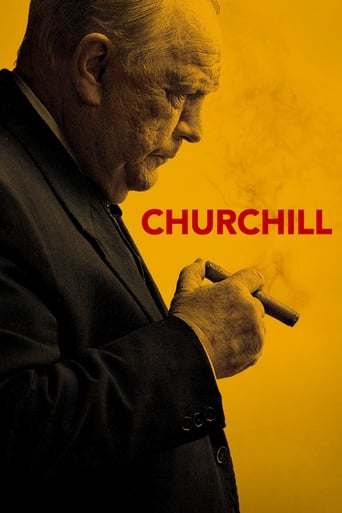
25 May 2017

Churchill
A ticking-clock thriller following Winston Churchill in the 24 hours before D-Day.
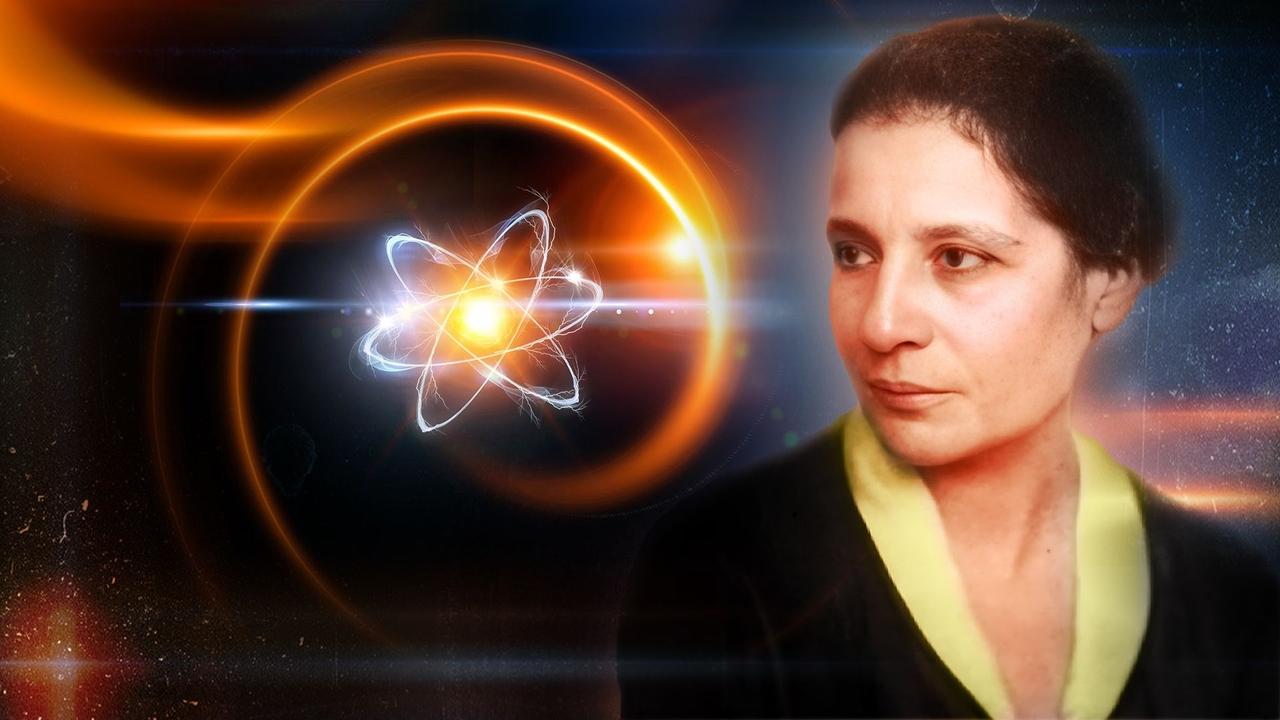
To historians, physicist Lise Meitner deserves to be placed on a par with Einstein, Heisenberg and Otto Hahn. In the 1930s on the verge of World War II, she led a small group of scientists who discovered that splitting the atomic nucleus of uranium releases enormous energy. This extraordinary film tells the story of a woman who was far ahead of her time as a scientist and a pioneer of feminism.
Lise Meitner
Lise Meitner
Otto Hahn
Officer Muffat
Self
Self
Self
Self
Self

Self
Self
Self
Self
Self
Lisa Meitner
Ludwig Boltzmann
Otto Frisch

25 May 2017

A ticking-clock thriller following Winston Churchill in the 24 hours before D-Day.
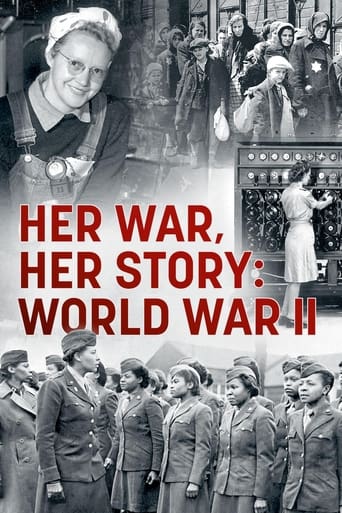
01 Nov 2022

Explore the stories of women caught up in World War II, from the American Home Front to Auschwitz Concentration Camp in Poland. Included in this hour-long film are also the personal stories of the incredible women who served in a war that proved women were equal to men when it came to patriotism, service, or in some cases, self-preservation during watershed moments which called for steadfastness.
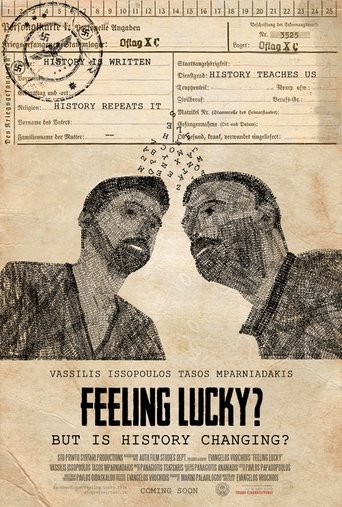
27 Sep 2013

A short fiction-documentary film set during WWII after the Massacre of Chortiatis . Two men are heading to their execution by the Nazis, who are leading them to a path in which their lives and choices collide. This is a part of History, but what has actually changed since then.
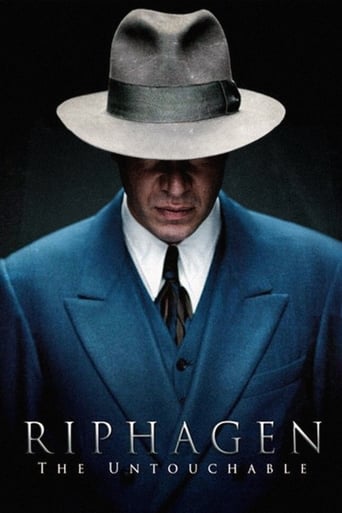
22 Sep 2016

Amsterdam, Netherlands, 1944, during World War II. Andries Riphagen, a powerful underworld boss, has made his fortune by putting his many criminal talents at the service of the Nazi occupiers. But the long battle is about to end and the freedom fighters, who have been persecuted and murdered for years, are abandoning their hideouts to mercilessly hunt down those who have collaborated with the killers.
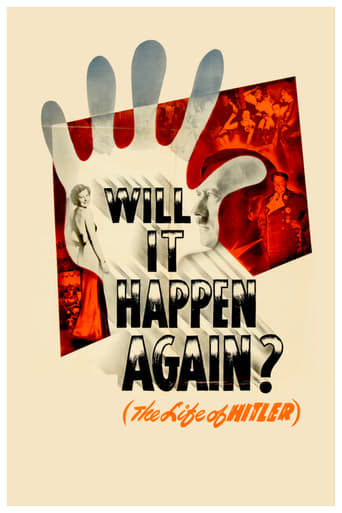
15 May 1948

An account of Adolf Hitler's rise and fall, his relationship with Eva Braun and their days of leisure at the Berghof, their Bavarian residence.
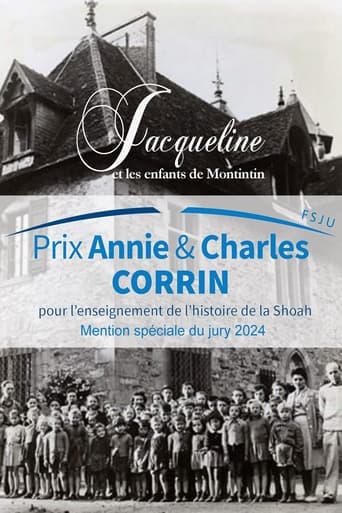
22 Dec 2023

No overview found

06 Nov 2019

No Jewish divorce is complete without the man literally giving the woman her freedom back. With Israel having neither civil marriage nor divorce, women can get trapped. The film follows several such "chained" women together with Batya, a religious lawyer, who embarks on a struggle against the rabbinical courts.
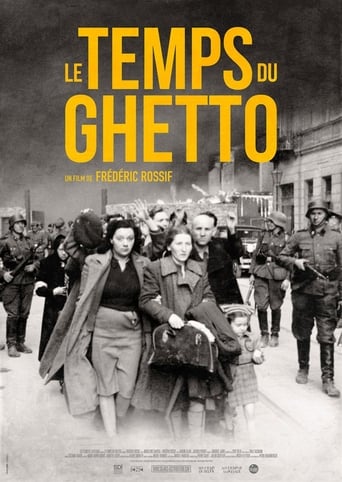
22 Nov 1961

This film brings to life a vanished world: that of the Warsaw Ghetto, destroyed by the Nazis after the 1944 uprising. Two authentic "reconstruction" sources have been used to this end: photographic and cinematographic documents recorded at the time and discovered in Poland, East Germany, Israel and France; and the oral testimonies of 44 survivors, invited to evoke their personal tragedy in front of the images put before their eyes.

08 Oct 1945

During the Nazi occupation of Rome in 1944, the leader of the Resistance is chased by the Nazis as he seeks refuge and a way to escape.
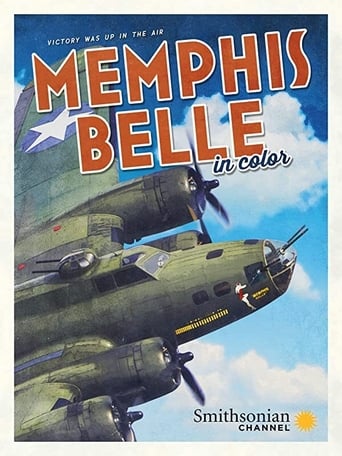
01 Jan 2019

In January 1942, the U.S. military created a new bomber command, the Eighth Air Force, and sent a small contingent of men overseas to loosen the Nazis' grip on Europe. The command's star player was the B-17, a fast, heavily armed aircraft that changed the course of World War II. Witness them take on the mighty German Luftwaffe over enemy skies. Discover the story of how one B-17--the Memphis Belle--and its crew lifted the spirits of a nation and became a symbol of American prowess in defense of freedom.
The turbulent love story of an impoverished Jamaican boy and a wealthy English girl on the eve of World War II.
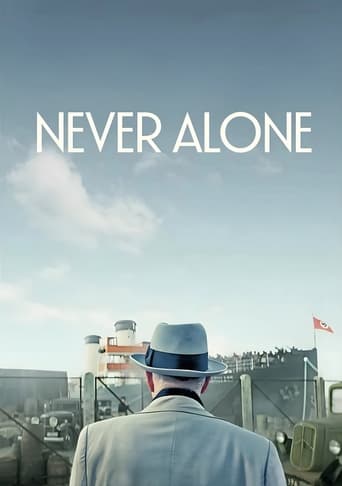
17 Jan 2025

1942. The State of Finland has formed an alliance with Nazi Germany. An elderly man single-handedly tries to stop a secret attempt by the Finnish State Police to hand over Jewish refugees directly to the Gestapo.
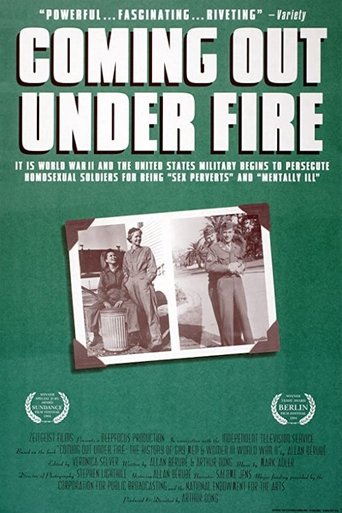
01 Mar 1994

A historical account of military policy regarding homosexuality during World War II. The documentary includes interviews with several homosexual WWII veterans.
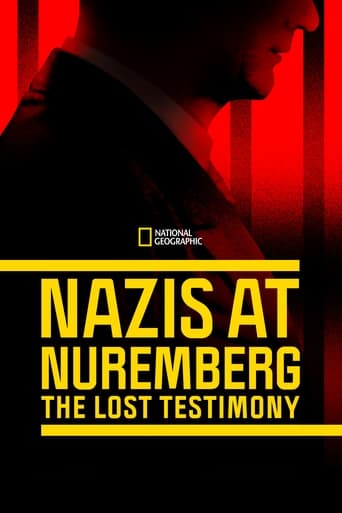
05 Dec 2022

Never-before-heard trial testimony reveals shocking new details about World War II and the inner workings of the Nazi war machine.
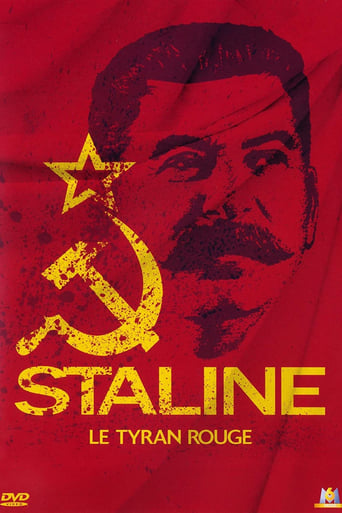
13 Mar 2007

On March 9, 1953, Joseph Stalin was buried in Moscow in front of a million people. His funeral is that of a demi-God. Ultimate paradox for one of the greatest criminals in History who brought misfortune to his people while arousing collective admiration.
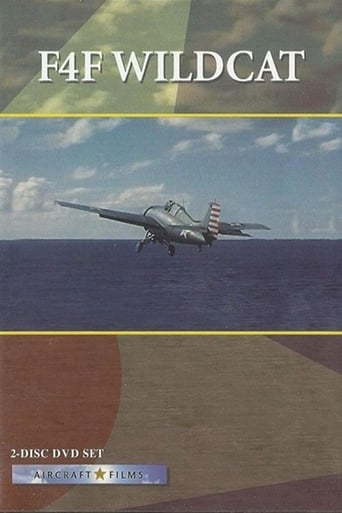
13 Oct 2003

This 2-DVD set focused on the development and combat history of the Grumman F4F Wildcat and was created from holdings at the National Archives, the National Museum of Naval Aviation, the Naval Historical Center, and the Marine Corps Historical Center. The F4F Wildcat was the front-line carrier fighter in the first days of the Pacific war - flying off legendary ships like the Lexington, Saratoga, Hornet, Yorktown, and Enterprise - the Wildcat held the line as America built for victory.

17 Mar 2009

On the escape of the violent Poles 1946, the child of Rosemarie get lost. And Rosemaries tries to find her daughter.
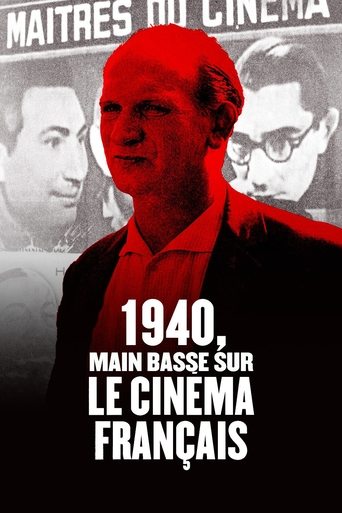
19 May 2019

Paris, 1940. German occupation forces create a new film production company, Continental, and put Alfred Greven – producer, cinephile, and opportunistic businessman – in charge. During the occupation, under Joseph Goebbels’s orders, Greven hires the best artists and technicians of French cinema to produce successful, highly entertaining films, which are also strategically devoid of propaganda. Simultaneously, he takes advantage of the confiscation of Jewish property to purchase film theaters, studios and laboratories, in order to control the whole production line. His goal: to create a European Hollywood. Among the thirty feature films thus produced under the auspices of Continental, several are, to this day, considered classics of French cinema.

16 Sep 2004

In April of 1945, Germany stands at the brink of defeat with the Russian Army closing in from the east and the Allied Expeditionary Force attacking from the west. In Berlin, capital of the Third Reich, Adolf Hitler proclaims that Germany will still achieve victory and orders his generals and advisers to fight to the last man. When the end finally does come, and Hitler lies dead by his own hand, what is left of his military must find a way to end the killing that is the Battle of Berlin, and lay down their arms in surrender.
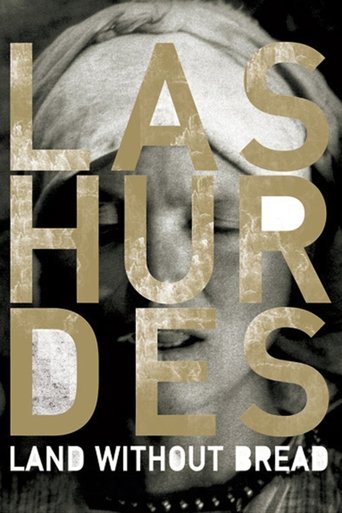
01 Dec 1933

An exploration —manipulated and staged— of life in Las Hurdes, in the province of Cáceres, in Extremadura, Spain, as it was in 1932. Insalubrity, misery and lack of opportunities provoke the emigration of young people and the solitude of those who remain in the desolation of one of the poorest and least developed Spanish regions at that time. (Silent short, voiced in 1937 and 1996.)